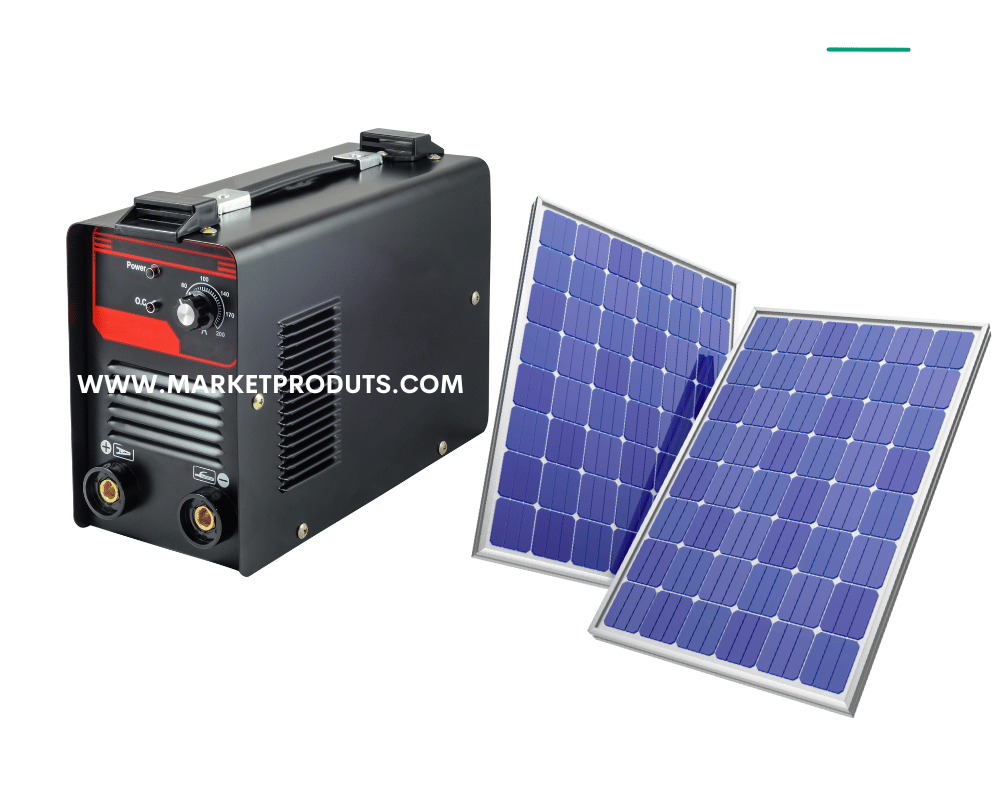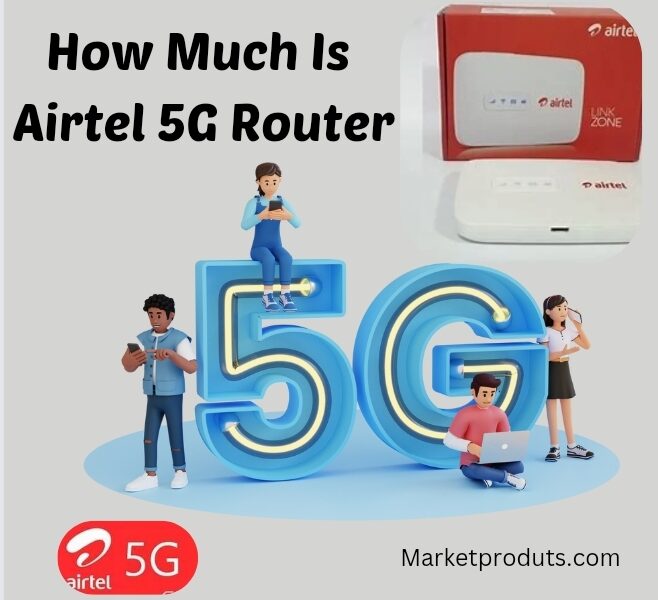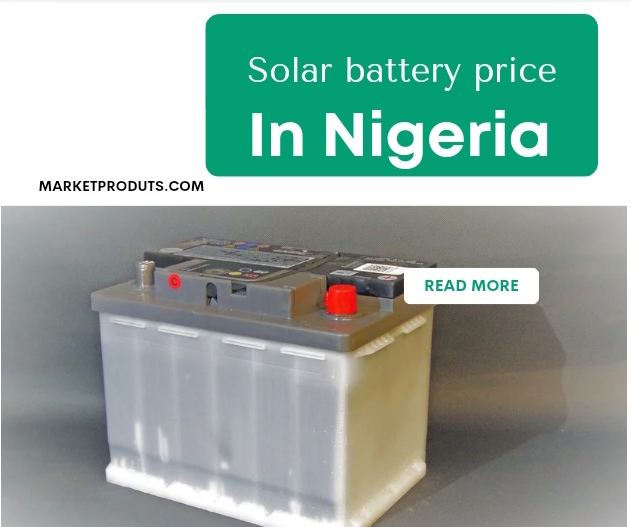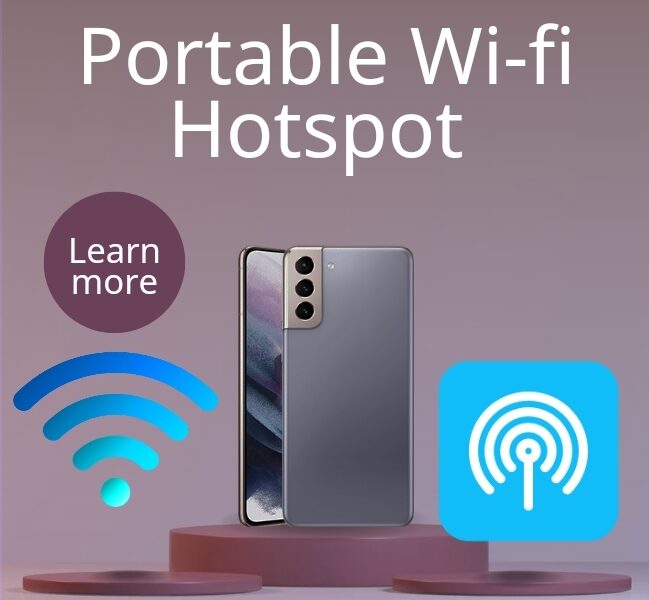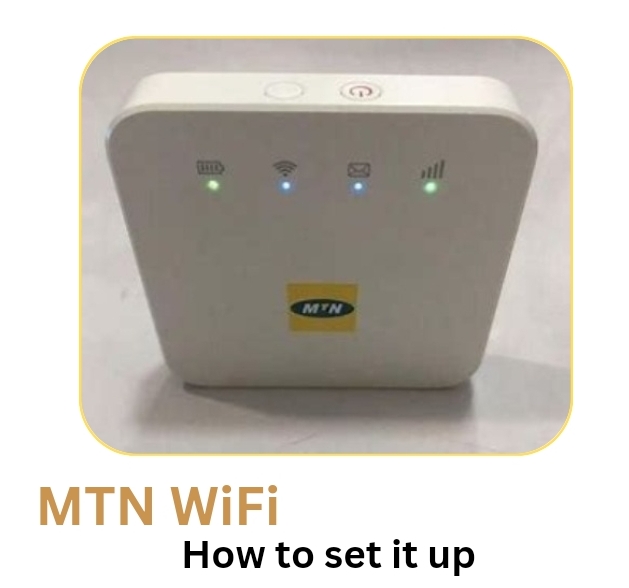The demand for alternative energy sources has grown exponentially in Nigeria, with solar energy taking center stage. As power supply challenges continue to plague the country, many Nigerians are seeking reliable and sustainable solutions. Solar panels have emerged as a viable option, providing a constant source of power without the recurrent costs associated with fuel generators. However, for most people, the biggest question remains: What is the solar panel price in Nigeria?
This article provides a comprehensive understanding of the cost of solar panels in Nigeria, factors affecting their prices, and tips for making informed decisions.
Factors Affecting Solar Panel Price in Nigeria
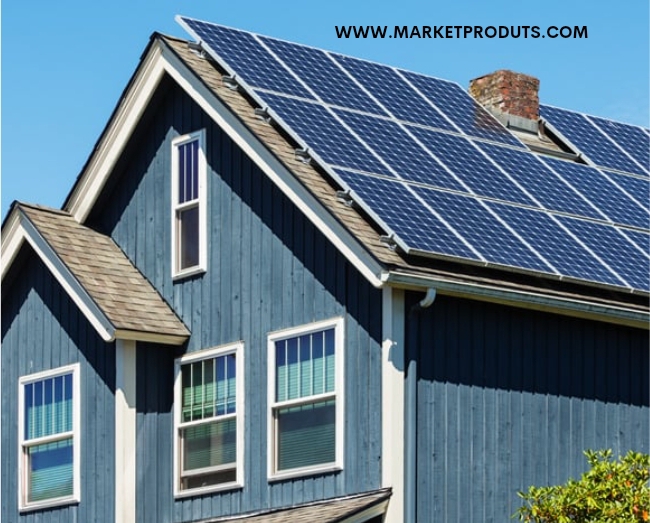
Before delving into the specifics of solar panel prices, it’s essential to understand the factors that influence these costs in Nigeria. The price of solar panels can vary significantly based on several key elements:
Read more: how much is a 3.5 kva solar system in Nigeria
1. Type of Solar Panel
There are primarily three types of solar panels available in the market: monocrystalline, polycrystalline, and thin-film solar panels. Each type has distinct characteristics that influence its price.
- Monocrystalline Solar Panels: Known for their high efficiency and long lifespan, monocrystalline panels are generally more expensive. Their efficiency rate can be as high as 20-22%, making them a popular choice for those seeking maximum power output.
- Polycrystalline Solar Panels: Slightly less efficient than monocrystalline panels, polycrystalline panels have an efficiency rate of around 15-18%. They are more affordable and are a suitable choice for those on a tighter budget.
- Thin-Film Solar Panels: These are the least efficient but most affordable. They are lightweight and flexible, making them ideal for specific applications, but they require more space to generate the same amount of power as the other two types.
2. Wattage and Capacity
The wattage of a solar panel is another critical factor affecting its price. Solar panels come in different wattages, ranging from 100W to over 400W. Higher wattage panels generate more power and, as a result, are more expensive. When considering solar panel prices in Nigeria, it is crucial to evaluate the energy needs of your household or business to determine the appropriate wattage.
3. Quality and Brand
Brand reputation and the quality of solar panels play significant roles in pricing. Well-established brands like LG, Panasonic, and Trina Solar tend to have higher prices due to their reliability, durability, and better warranty terms. Conversely, lesser-known brands or locally made panels might offer cheaper options but may lack the same level of quality assurance.
4. The Process Of Installation With Accessories
Solar panels require additional accessories like inverters, batteries, and charge controllers to function efficiently. The cost of these components, along with installation charges, significantly impacts the overall cost of setting up a solar energy system. It’s important to factor in these additional costs when considering solar panel prices in Nigeria.
5. Import Duties and Taxes
Import duties, tariffs, and other government policies can affect the cost of solar panels in Nigeria. While some solar products are exempt from Value Added Tax (VAT), others are not, impacting their final retail prices. Additionally, fluctuations in the naira exchange rate can also cause variations in prices.
Solar Panel Price Range in Nigeria
To give you a more concrete idea, here is an estimated price range for different types of solar panels in Nigeria as of 2024:
Monocrystalline Solar Panels Prices
- 100W – 150W: ₦25,000 – ₦40,000
- 200W – 250W: ₦50,000 – ₦75,000
- 300W – 350W: ₦90,000 – ₦150,000
- 400W and above: ₦160,000 – ₦250,000
Polycrystalline Solar Panels Prices
- 100W – 150W: ₦20,000 – ₦35,000
- 200W – 250W: ₦45,000 – ₦70,000
- 300W – 350W: ₦80,000 – ₦130,000
- 400W and above: ₦140,000 – ₦220,000
Thin-Film Solar Panels Prices
- 100W – 150W: ₦15,000 – ₦30,000
- 200W – 250W: ₦35,000 – ₦55,000
- 300W – 350W: ₦60,000 – ₦100,000
- 400W and above: ₦110,000 – ₦180,000
Choosing the Right Solar Panel in Nigeria
Choosing the right solar panel goes beyond just looking at the price tag. Several other factors come into play to ensure you make a sound investment.
1. Assess Your Power Needs
Before purchasing solar panels, it’s essential to assess your power needs. Determine how much energy your household or business consumes daily. This can be calculated by looking at your electricity bills or using an energy calculator. Knowing your energy requirements helps in selecting the right solar panel wattage.
2. Consider the Roof Space and Orientation
The available roof space and its orientation toward the sun are critical factors when choosing solar panels. If you have limited space, you might opt for more efficient monocrystalline panels that require less space for maximum output. On the other hand, if space is not a constraint, polycrystalline or thin-film panels might be more cost-effective options.
3. The Options For Budgeting And Financing
Your budget plays a crucial role in the decision-making process. While higher-quality panels might seem more expensive initially, they often come with better efficiency rates and longer warranties, translating to long-term savings. Some vendors in Nigeria also offer flexible financing options, such as pay-as-you-go or solar leasing, to make solar energy more accessible.
4. Check for Warranty and After-Sales Support
A good warranty and reliable after-sales support can save you a lot of trouble in the long run. Most reputable brands offer a 25-year warranty for their panels, covering issues like degradation and manufacturing defects. Ensure that the vendor you choose provides adequate support and service in Nigeria.
Popular Solar Panel Brands in Nigeria
Several reputable solar panel brands are available in Nigeria, offering different price points and quality. Some of the most popular ones include:
- Jinko Solar: Known for its affordability and reliability, Jinko Solar panels are among the best-selling in Nigeria. They offer both monocrystalline and polycrystalline options with varying wattages.
- Canadian Solar: Another popular choice, Canadian Solar, offers high-quality panels with good efficiency rates. They are particularly favored for their durability and relatively lower degradation rates.
- LG Solar: A premium brand, LG Solar panels are highly efficient and come with extensive warranties. They are more expensive but provide value for money due to their high performance and longevity.
- Sukam: Sukam panels are widely available in Nigeria and are known for their affordability and decent quality. They offer a range of options suitable for both small-scale and large-scale installations.
Benefits of Using Solar Panels in Nigeria
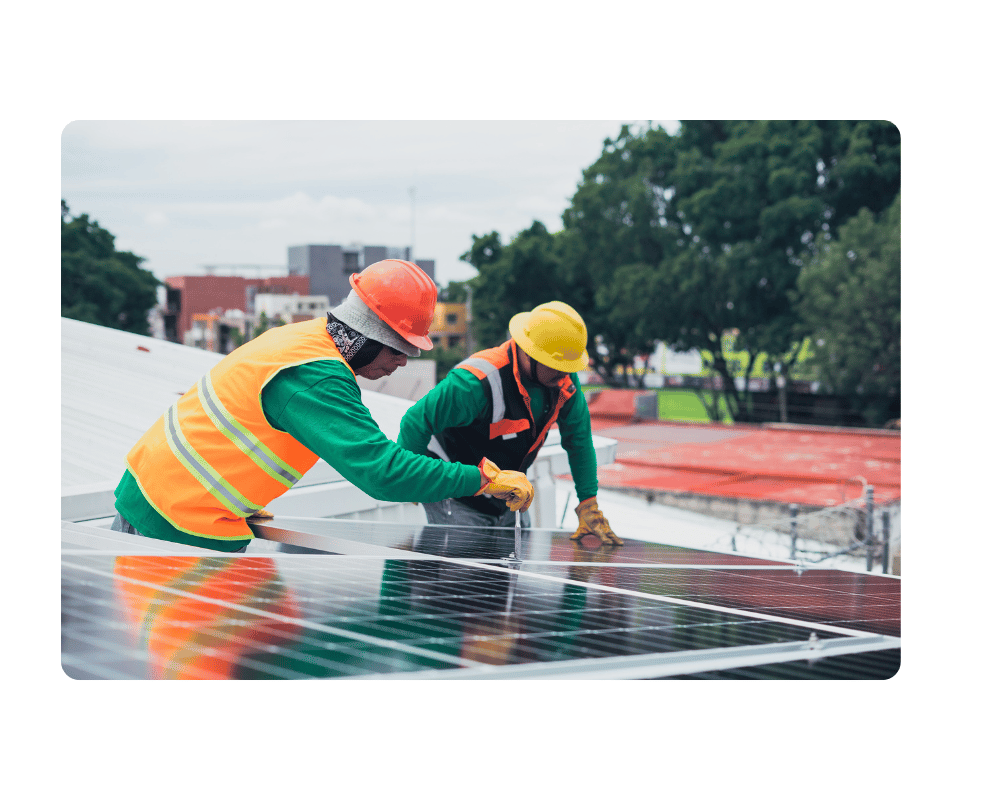
Choosing solar panels over traditional energy sources like generators comes with several advantages:
1. Cost Savings
While the initial solar panel price in Nigeria may seem steep, the long-term savings are significant. Solar panels reduce or eliminate monthly electricity bills, and there are no ongoing fuel costs, unlike generators.
2. Reliability and Low Maintenance
Solar panels are low-maintenance and have fewer moving parts, which means less wear and tear. Once installed, they require minimal upkeep, providing consistent power supply, especially in regions with abundant sunlight.
3. Environmental Impact
Solar energy is clean and renewable, reducing the carbon footprint compared to fossil fuels. By switching to solar, you contribute to environmental sustainability, which is vital for future generations.
4. Independence from National Grid
Nigeria’s national grid is notorious for its instability and frequent power outages. Solar panels offer independence from these challenges, providing a reliable power supply 24/7.
Conclusion
Understanding the solar panel price in Nigeria is the first step in making a smart investment in solar energy. While the cost can vary based on factors like type, wattage, brand, and installation, the benefits of switching to solar far outweigh the initial expenditure. With a growing number of options and flexible financing plans available, solar energy is becoming an increasingly viable choice for many Nigerians.
Before purchasing, it is crucial to assess your energy needs, budget, and available space to choose the right solar panels that suit your requirements. Moreover, opting for reputable brands and ensuring proper installation can save you costs in the long run while providing a steady and reliable power supply. By investing in solar panels, you are not only securing your energy future but also contributing to a more sustainable and greener Nigeria.
